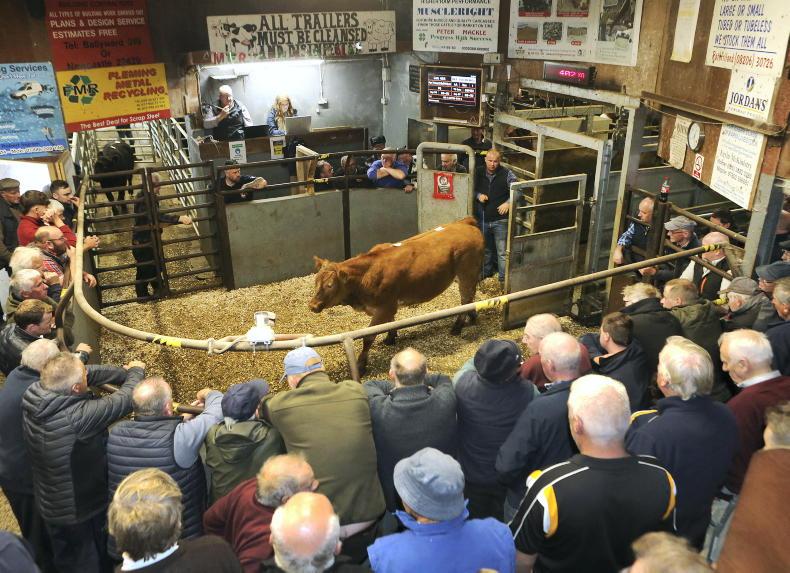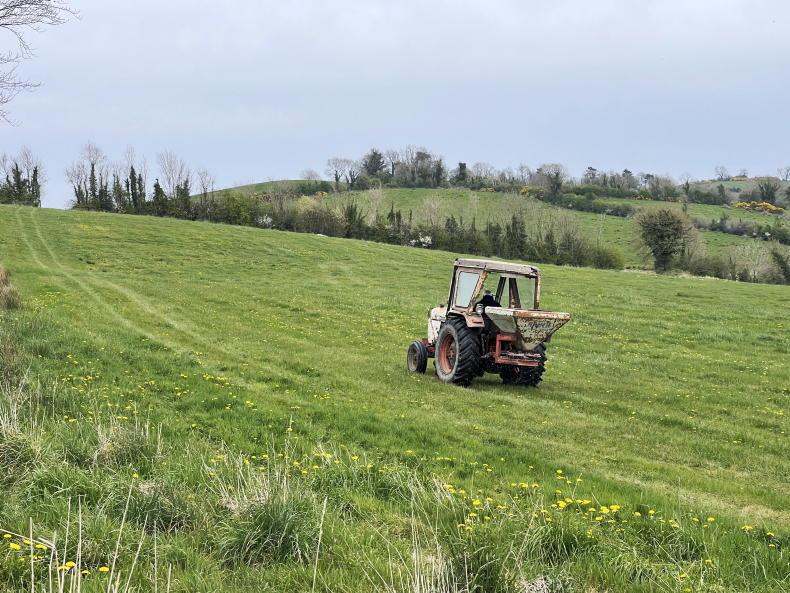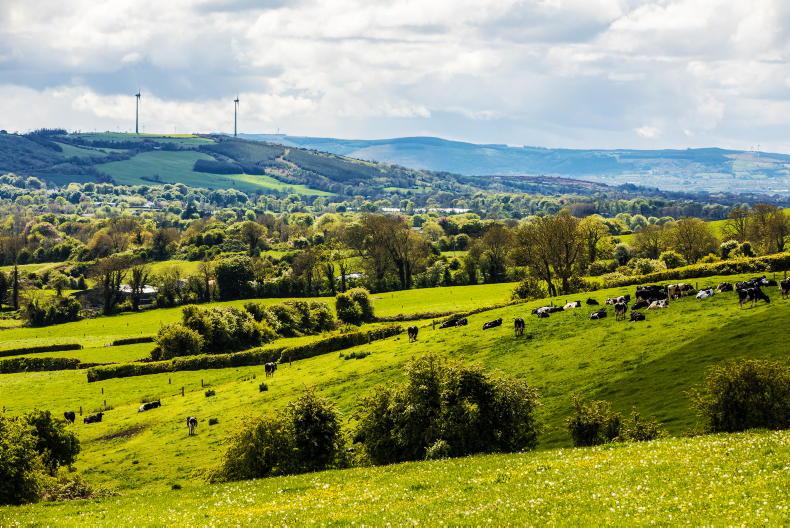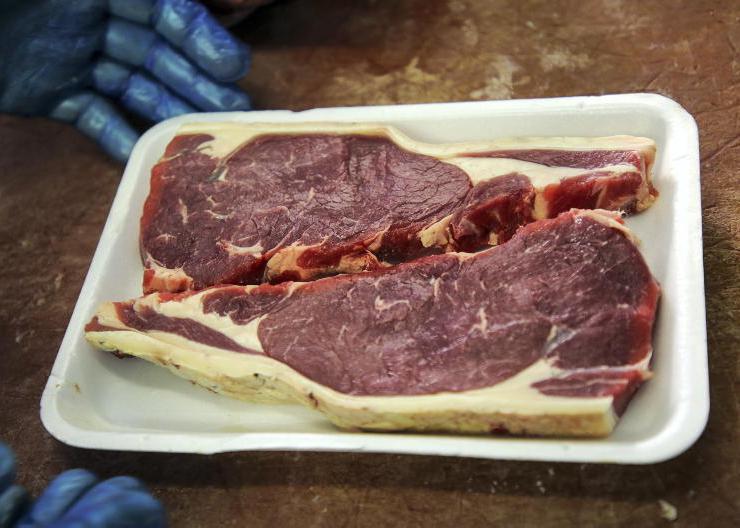The focus on the environment will be stronger, compulsory capping will come in and convergence will all be part of the Common Agricultural Policy post-2020, says MEP Mairead McGuinness.
“Irish farmers shouldn’t underestimate the demands from newer member states which are getting lower payments. They will not concede as they did last time,” McGuinness told the Irish Farmers Journal, recalling the last reform of CAP in 2013. “It was divisive among farmers last time around because some were gaining and some were losing. I think we’re going to see the same battle lines again this time.”
Whether convergence will speed up or stay at the same rate will depend on the agreement between council and parliament, this is part the EU’s co-decision making rules.
CAP is not social welfare, it is not likely or right that everyone gets the same payment
“I think we need to know the impact of these things. We’ve stopped production-based supports and the last link left is land. CAP is not social welfare, it is not likely or right that everyone gets the same payment.”
The vice-president of the European Paliament predicts that how we manage entitlements will become a major debate in this CAP reform. Active farmers are concerned that they are paying a high price to farm if they are renting land and sharing the payment. At the same time, older farmers that may not have a pension want to realise the value of their land and entitlements.
“It’s being debated in pubs, parlours and marts, but not in the Oireachtas,” McGuinness said. “Capping is compulsory, but I would imagine farmers with large payments can divide that out among sons and daughters. Are we going to see more named farmers? I haven’t seen any impact analysis on what it would mean for production.”
Environment
Rather than using schemes such as GLAS or REPS to incentivise environmental measures on-farm, McGuinness would rather see a more holistic approach to farming and the environment.
“I am not a fan of schemes, they usually result in people being excluded and penalties. I would rather that we have holistic farm management systems.
“Farmers are always being pushed more for efficiency. Our message should be that we will produce well to a quality, but not at the expense of our farmers or the environment.”
She points out that part of this will involve the Unfair Trading Practices (UTPs) legislation proposed by the European Commission last month.
UTPs have to be “be a catalyst for us to say if we keep compressing things down to the farmer we will run into problems. There has to be some accommodation for the reality of farming.”
Read more
Creed 'confident' proposed 5% CAP cut won't be final outcome
CAP leaks: What the proposals would mean for farmers
Listen: Direct hit for farmers in CAP budget
The focus on the environment will be stronger, compulsory capping will come in and convergence will all be part of the Common Agricultural Policy post-2020, says MEP Mairead McGuinness.
“Irish farmers shouldn’t underestimate the demands from newer member states which are getting lower payments. They will not concede as they did last time,” McGuinness told the Irish Farmers Journal, recalling the last reform of CAP in 2013. “It was divisive among farmers last time around because some were gaining and some were losing. I think we’re going to see the same battle lines again this time.”
Whether convergence will speed up or stay at the same rate will depend on the agreement between council and parliament, this is part the EU’s co-decision making rules.
CAP is not social welfare, it is not likely or right that everyone gets the same payment
“I think we need to know the impact of these things. We’ve stopped production-based supports and the last link left is land. CAP is not social welfare, it is not likely or right that everyone gets the same payment.”
The vice-president of the European Paliament predicts that how we manage entitlements will become a major debate in this CAP reform. Active farmers are concerned that they are paying a high price to farm if they are renting land and sharing the payment. At the same time, older farmers that may not have a pension want to realise the value of their land and entitlements.
“It’s being debated in pubs, parlours and marts, but not in the Oireachtas,” McGuinness said. “Capping is compulsory, but I would imagine farmers with large payments can divide that out among sons and daughters. Are we going to see more named farmers? I haven’t seen any impact analysis on what it would mean for production.”
Environment
Rather than using schemes such as GLAS or REPS to incentivise environmental measures on-farm, McGuinness would rather see a more holistic approach to farming and the environment.
“I am not a fan of schemes, they usually result in people being excluded and penalties. I would rather that we have holistic farm management systems.
“Farmers are always being pushed more for efficiency. Our message should be that we will produce well to a quality, but not at the expense of our farmers or the environment.”
She points out that part of this will involve the Unfair Trading Practices (UTPs) legislation proposed by the European Commission last month.
UTPs have to be “be a catalyst for us to say if we keep compressing things down to the farmer we will run into problems. There has to be some accommodation for the reality of farming.”
Read more
Creed 'confident' proposed 5% CAP cut won't be final outcome
CAP leaks: What the proposals would mean for farmers
Listen: Direct hit for farmers in CAP budget










SHARING OPTIONS